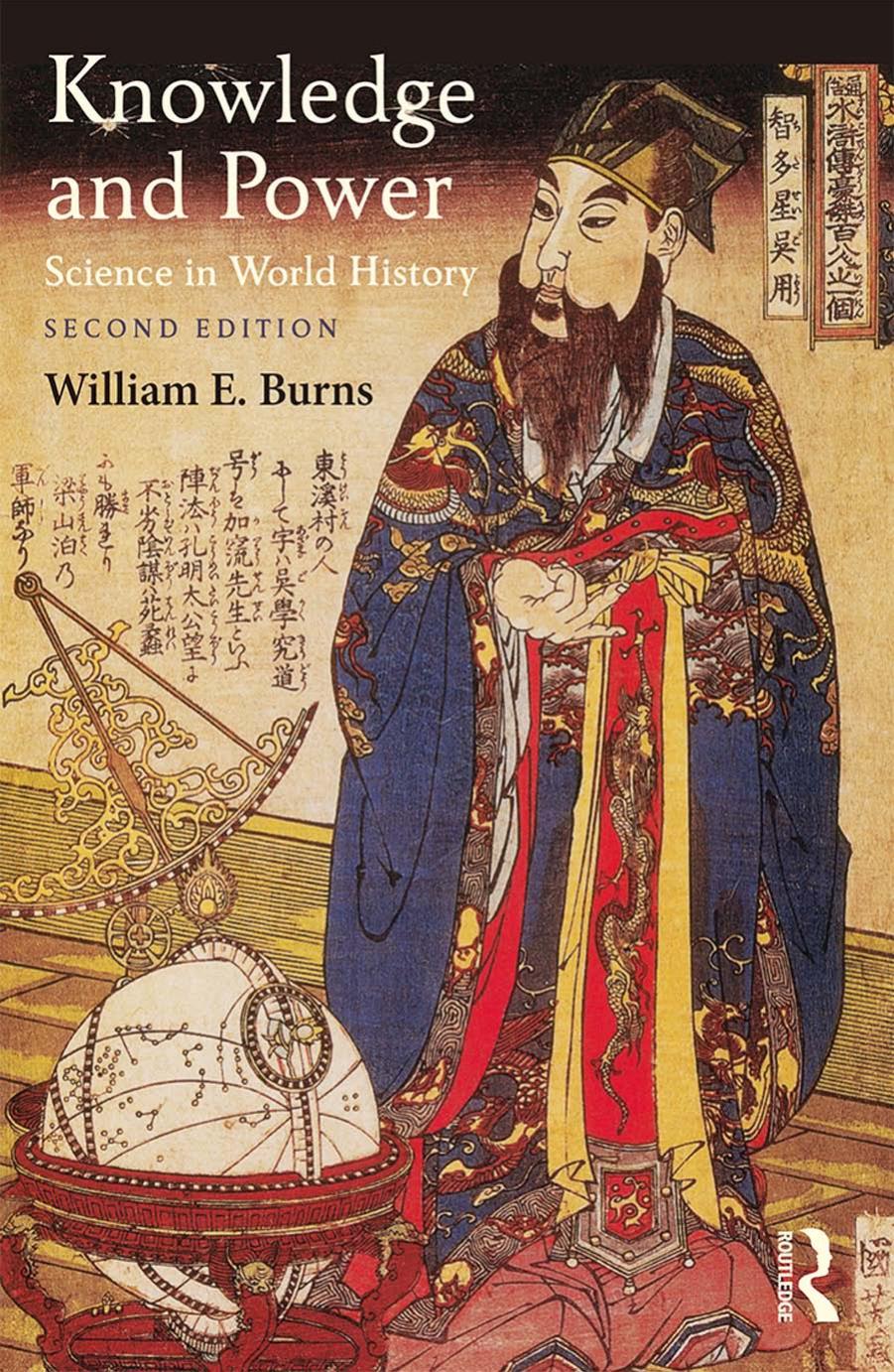Knowledge and Power by William Burns

Author:William Burns
Language: eng
Format: epub, pdf
Publisher: Taylor & Francis (CAM)
Published: 2018-06-20T00:00:00+00:00
The French Revolution and Russian Science
In 1789, the French Revolution began. Originally aimed at reforming the French monarchy, the revolution went much farther. The privileges of the nobility were abolished, a republic was declared in 1792, King Louis XVI and Queen Marie Antoinette were publicly executed in 1793, and the French Catholic Church was attacked and a âreligion of reasonâ briefly put in its place. The new republic went to war with the great powers of Europe, including Russia, and its armies proved formidable. The radicalism of the French Revolution provoked a conservative reaction in many European countries. In no country was this truer than Russia with its autocratic political culture and economy based on the labor of unfree peasants known as serfs.
The reaction, which began late in the reign of Catherine and continued through that of her successor Paul I (reign 1796â1801), was directed against the ideas of the Enlightenment and foreign influence in general. Enlightenment thinkers had greatly valued science and frequently connected its progress with the relatively free societies of France and Great Britain. The liberal Russian aristocracy, which had grown up in the early reign of Catherine, attempted to combine loyalty to Russia with interest in the new ideas from the West, including science, but this position proved hard to maintain as opposition to the ideas of the French Revolution grew. Russian authorities sought to cut off contact between Russian intellectuals, including scientists, and the West. Liberals were repressed in Paulâs reign, and the Imperial Academy was marginalized due to poor funding, mismanagement, and hostility from the government.
Although the reign of Paulâs successor, Alexander I (reign 1801â1825), was initially marked by moderate liberalization after Paulâs extremely repressive regime, Alexander later moved to repression, under the influence of mysticism and a belief in Russiaâs special spiritual destiny. Many politically influential conservative mystics of this period believed that an overemphasis on science led to materialism and ultimately to political radicalism. Russian authorities countered the danger of materialistic science by promoting religious interpretations of natural phenomena. One Russian educator argued that since lightning bolts end in a triangle they refer to the Christian Holy Trinity. The conservative reaction also resulted in the expulsion of many foreign university professors, and refusal to recruit more as academic staff was âRussified,â leading to a marked decrease in the quality of scientific training at Russian universities.
Download
This site does not store any files on its server. We only index and link to content provided by other sites. Please contact the content providers to delete copyright contents if any and email us, we'll remove relevant links or contents immediately.
Harry Potter and the Goblet Of Fire by J.K. Rowling(3045)
Unfinished: A Memoir by Priyanka Chopra Jonas(2918)
Never by Ken Follett(2880)
The Man Who Died Twice by Richard Osman(2299)
Machine Learning at Scale with H2O by Gregory Keys | David Whiting(2291)
Fairy Tale by Stephen King(2069)
Will by Will Smith(2042)
Rationality by Steven Pinker(1765)
The Storyteller by Dave Grohl(1660)
The Dawn of Everything: A New History of Humanity by David Graeber & David Wengrow(1570)
The Dark Hours by Michael Connelly(1570)
The Stranger in the Lifeboat by Mitch Albom(1532)
Cloud Cuckoo Land by Anthony Doerr(1434)
The Becoming by Nora Roberts(1330)
Friends, Lovers, and the Big Terrible Thing by Matthew Perry(1327)
New Morning Mercies: A Daily Gospel Devotional by Paul David Tripp(1323)
Einstein: His Life and Universe by Walter Isaacson(1315)
Crying in H Mart by Michelle Zauner(1315)
A Short History of War by Jeremy Black(1300)
